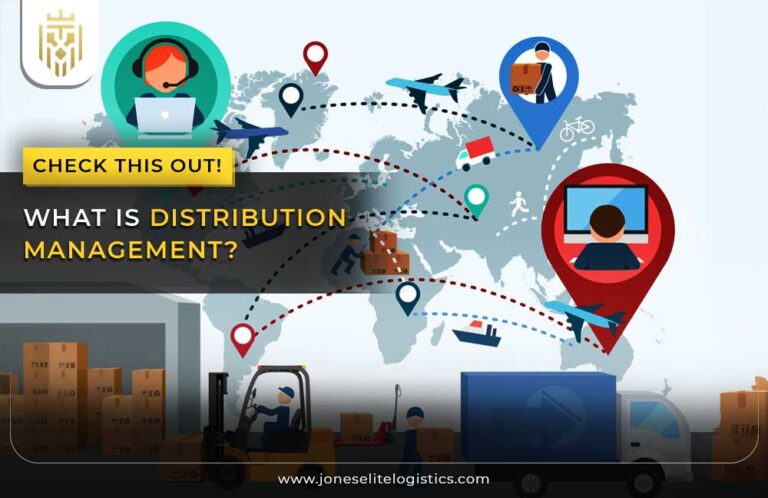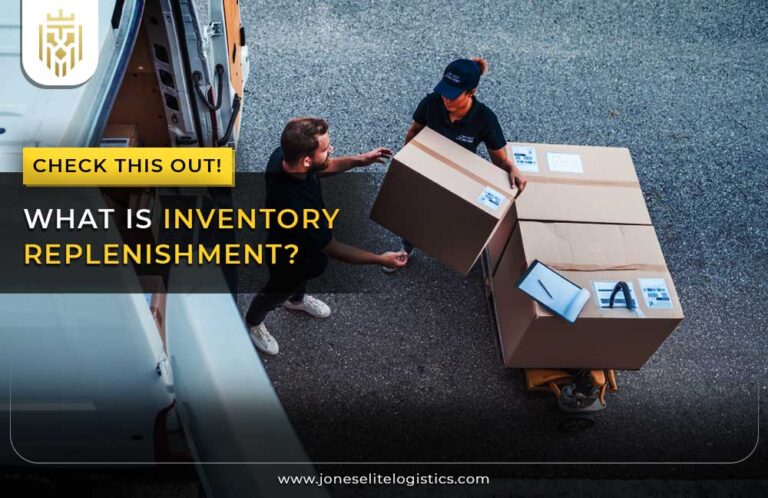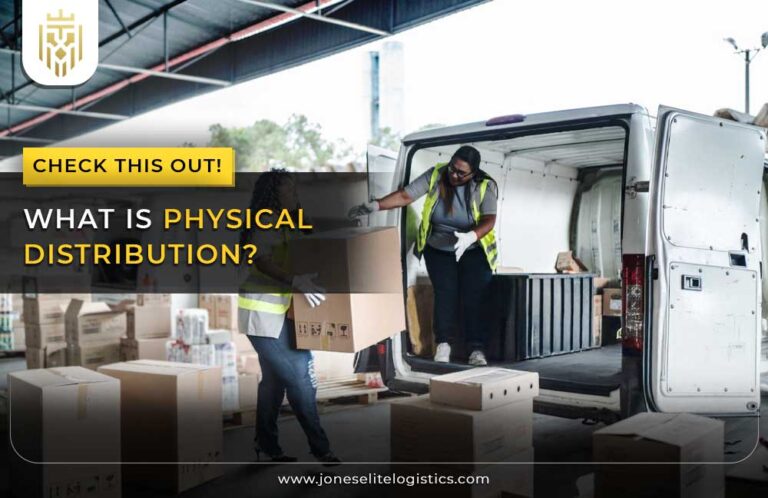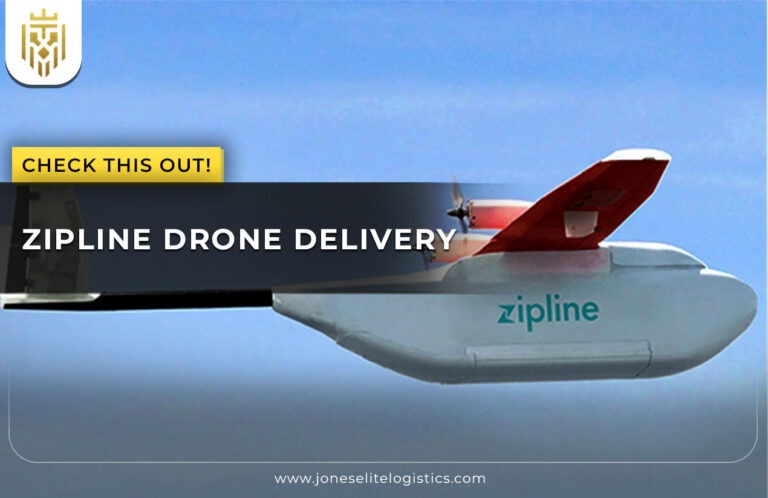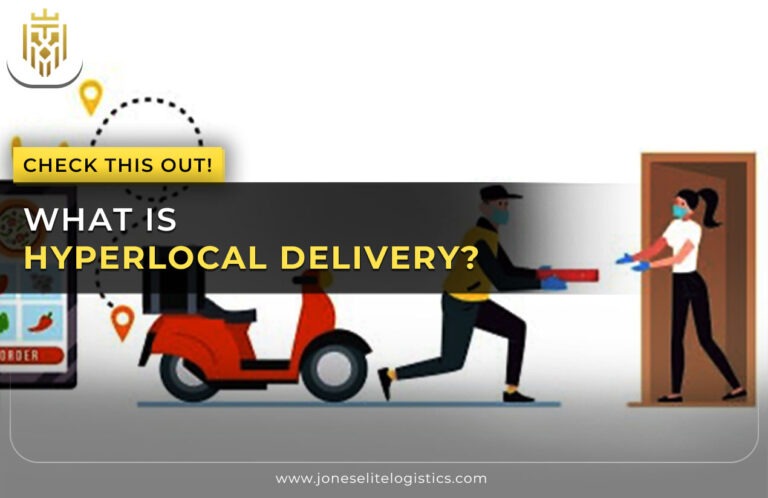What is a Closed Loop Supply Chain?
A closed-loop supply chain (CLSC) minimizes waste by reusing or recycling materials, contributing to a sustainable and resource-efficient system. This system is part of a larger supply chain management strategy that focuses on reducing the environmental impact by conserving resources and energy.
Closed Loop Supply Chain Vs Circular Economy:
While both concepts aim for sustainability, the closed-loop supply chain is more operational, focusing on product lifecycle processes like reuse and recycling. The circular economy is a broader economic system that eliminates waste and promotes the continuous use of resources, encompassing a wider range of sectors.
How Does a Closed-Loop Supply Chain Integrate with Logistics?
In a closed-loop supply chain management system, integration with logistics happens through forward and reverse logistics, which manage a product’s journey from production to disposal. This emphasizes recovering, reusing, and recycling materials to enhance overall supply chain sustainability.
Stages of Closed Loop Supply Chain:
The closed-loop supply chain includes product design, manufacturing, distribution, consumption, re-use and reimbursement, and recycling to ensure a sustainable lifecycle.

Product Design:
The first stage of a closed-loop supply chain is designing products that are durable, repairable, and easy to disassemble. This ensures that products can be reused or recycled effectively, minimizing waste from the beginning.
Manufacturing:
In the manufacturing phase, closed-loop supply chain management focuses on recycling manufacturing waste and incorporating recycled materials into new products. This reduces resource consumption and promotes a sustainable production cycle.
Distribution:
The distribution process in a closed-loop supply chain involves delivering products to consumers while planning for the return of used or defective items. This allows the recovery of materials for reuse or recycling, making the system more efficient.
Consumption:
At the consumption stage, closed-loop supply chain practices encourage responsible usage. Consumers are incentivized to return products for refurbishment or recycling, which extends the lifecycle of the products and reduces waste.
Re-use and Reimbursement:
When products are returned in a closed-loop supply chain, they undergo refurbishment, resale, or repurposing. Often, customers are offered reimbursements or incentives, encouraging them to participate in sustainable practices.
Recycling:
Recycling is a critical stage in a closed-loop supply chain where materials from used products are recovered to create new ones. This reduces the overall demand for virgin resources and minimizes waste.
Benefits of Closed Loop Supply Chain:
A closed-loop supply chain reduces waste, lowers environmental impact, improves resource efficiency, and fosters sustainability by enabling the reuse, recycling, and recovery of materials.
Customer Loyalty:
A closed-loop supply chain fosters customer loyalty by aligning with eco-conscious consumer values. Sustainable practices like product reuse and recycling offer incentives, enhancing customer satisfaction and brand loyalty.
Optimized inventory:
By incorporating returned products into the inventory, a closed-loop supply chain optimizes stock levels. This reduces excess waste and improves resource efficiency through effective recycling and redistribution.

Economic Benefits:
The benefits of a closed-loop supply chain include significant cost savings, reduced waste disposal expenses, and value recovery from returned products. This model also lowers production costs by maximizing the use of recycled materials.
What are some examples of Closed Loop Supply Chain systems?
Numerous industries have implemented closed-loop supply chain that have contributed significantly towards reducing environmental pollution and are promoting sustainability.
Automotive Industry:
In the automotive industry, companies like BMW employ closed-loop supply chains to recycle and refurbish vehicle parts. This ensures components are reused, reducing waste and boosting overall sustainability.

Electronics Sector:
In the electronics sector, Framework uses a closed-loop supply chain to collect old devices, recover valuable materials, and refurbish components for reuse, promoting resource conservation and minimizing environmental impact.
Retail Fashion:
Retailers like Patagonia embrace a closed-loop supply chain by recycling worn-out clothing into new garments. This practice supports sustainable fashion and reduces resource consumption and waste.
FAQs
1) What is Closed Loop Supply Chain?
A closed-loop supply chain (CLSC) minimizes waste by reusing and recycling materials, creating a sustainable system that conserves resources and energy, and aligns with broader environmental and efficiency goals in supply chain management.
2) What are the Stages of Closed Loop Supply Chain?
The closed-loop supply chain includes stages like product design, manufacturing, distribution, consumption, re-use and reimbursement, and recycling, ensuring a sustainable lifecycle by focusing on reducing waste and optimizing resource use.
3) What are the Benefits of Closed Loop Supply Chain?
A closed-loop supply chain enhances sustainability by cutting waste, reducing environmental impact, and boosting resource efficiency through material reuse and recycling. It also improves customer loyalty, optimizes inventory, and provides economic benefits by lowering costs and maximizing recycled materials.
4) How Does a Closed-Loop Supply Chain Integrate with Logistics?
Closed-loop supply chain management integrates forward and reverse logistics, overseeing a product’s journey from production to disposal, emphasizing material recovery, reuse, and recycling to enhance overall sustainability.


